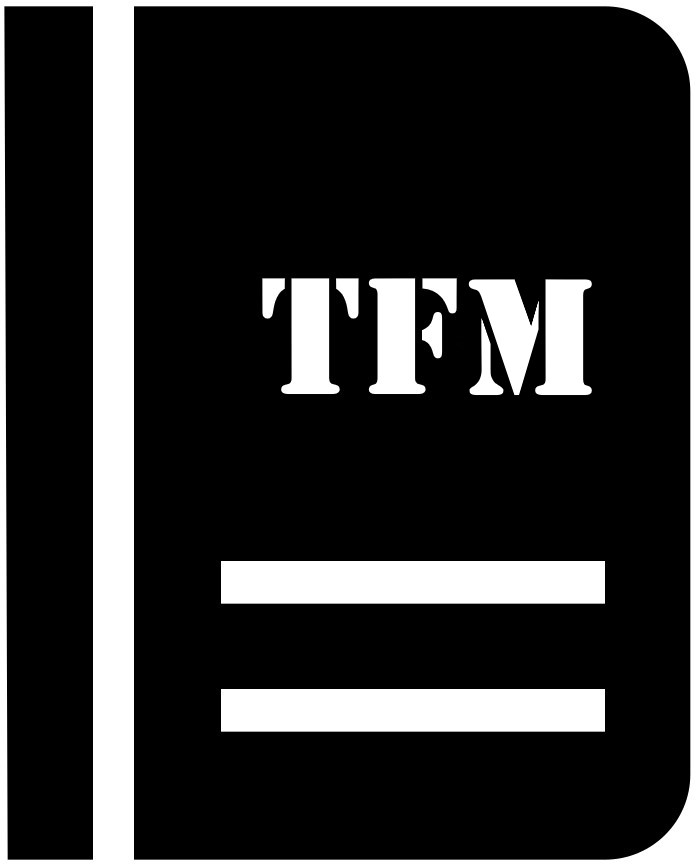|
Author Rabadà Soler, Yvette |
Abstract Fibrinolysis is a physiological process that allows the patency of the vascular system to be restored after the damage has occurred. Dysregulation of the fibrinolytic system, as in hyperfibrinolysis, is associated with numerous life-threatening conditions and is associated with increased mortality and morbidity. The two antifibrinolytic drugs currently on the market are tranexamic acid (TXA) and ε-aminocaproic acid (EACA). These two molecules intercept the natural sequence of fibrinolysis by reversibly binding to the lysine binding sites of plasminogen, displacing its binding to fibrin and, therefore, preventing its conversion to plasmin. Despite its extensive use, TXA is associated with postoperative seizures and other adverse effects due to the high doses it requires. An ongoing project under Bosch-Sanz's doctoral thesis at IQS has identified, through high-throughput screening, a new family of compounds with potential antifibrinolytic activity. In a hit-to-lead process, several compounds were obtained by synthetic chemistry, the hit compound (5) being a combination of three functional groups: an oxadiazole, a triazole ring, and a terminal amine. This new family of compounds has been studied to determine their antifibrinolytic activity and their mechanism of action. The 1,2,3-triazole derivatives have shown different ranges of antifibrinolytic activity. Compound 6 showed the highest activity in plasma and blood tests, with a 2.5-fold improvement over TXA, the current gold standard. This study has revealed that the presence of a 1,2,3-triazole ring is key to achieving high antifibrinolytic activity, in combination with a modified 1,2,4-oxadiazole and piperidine. The mechanism of action of these compounds has been shown to inhibit the lysine binding sites of plasminogen, without inhibiting the active center of plasmin or t-PA at therapeutic concentrations, or producing any effect on coagulation. |
|
|
Director Martorell López, Jordi |
||
|
Degree IQS SE - Master’s Degree in Pharmaceutical Chemistry |
||
|
Date 2021-07-19
|



